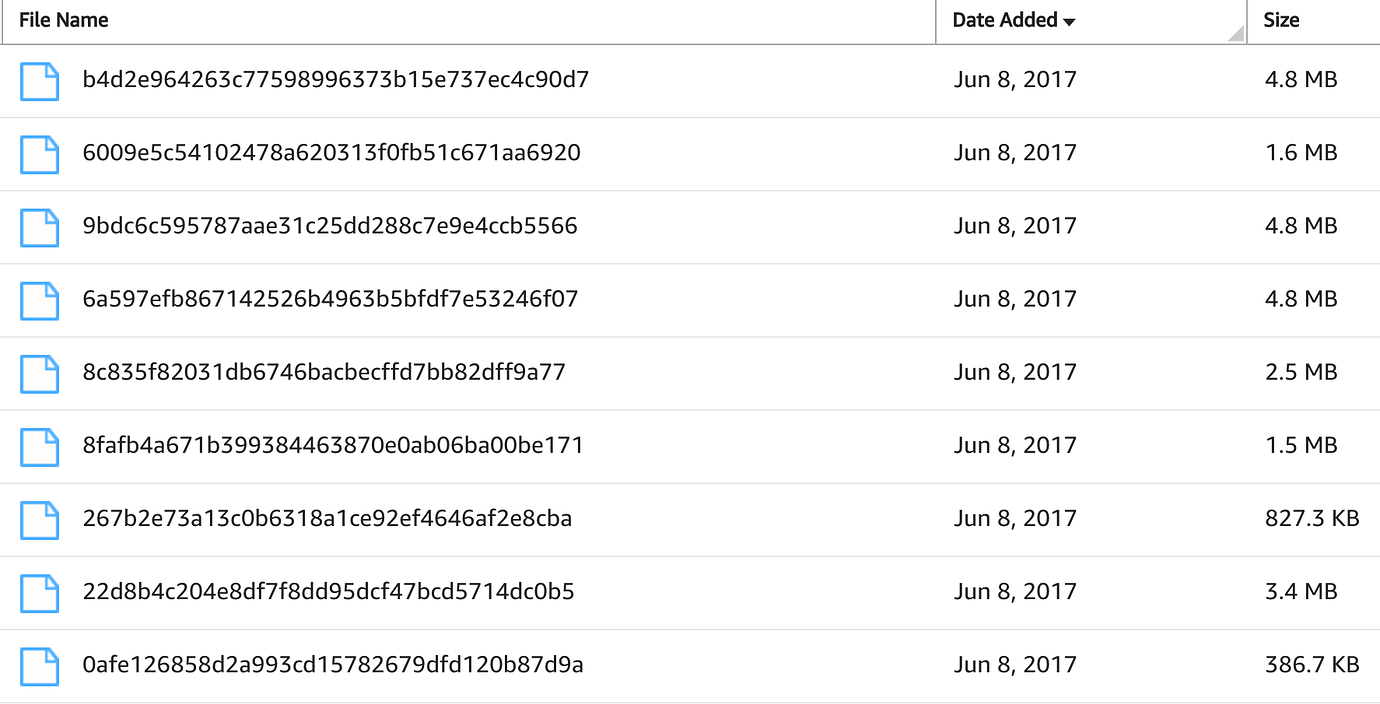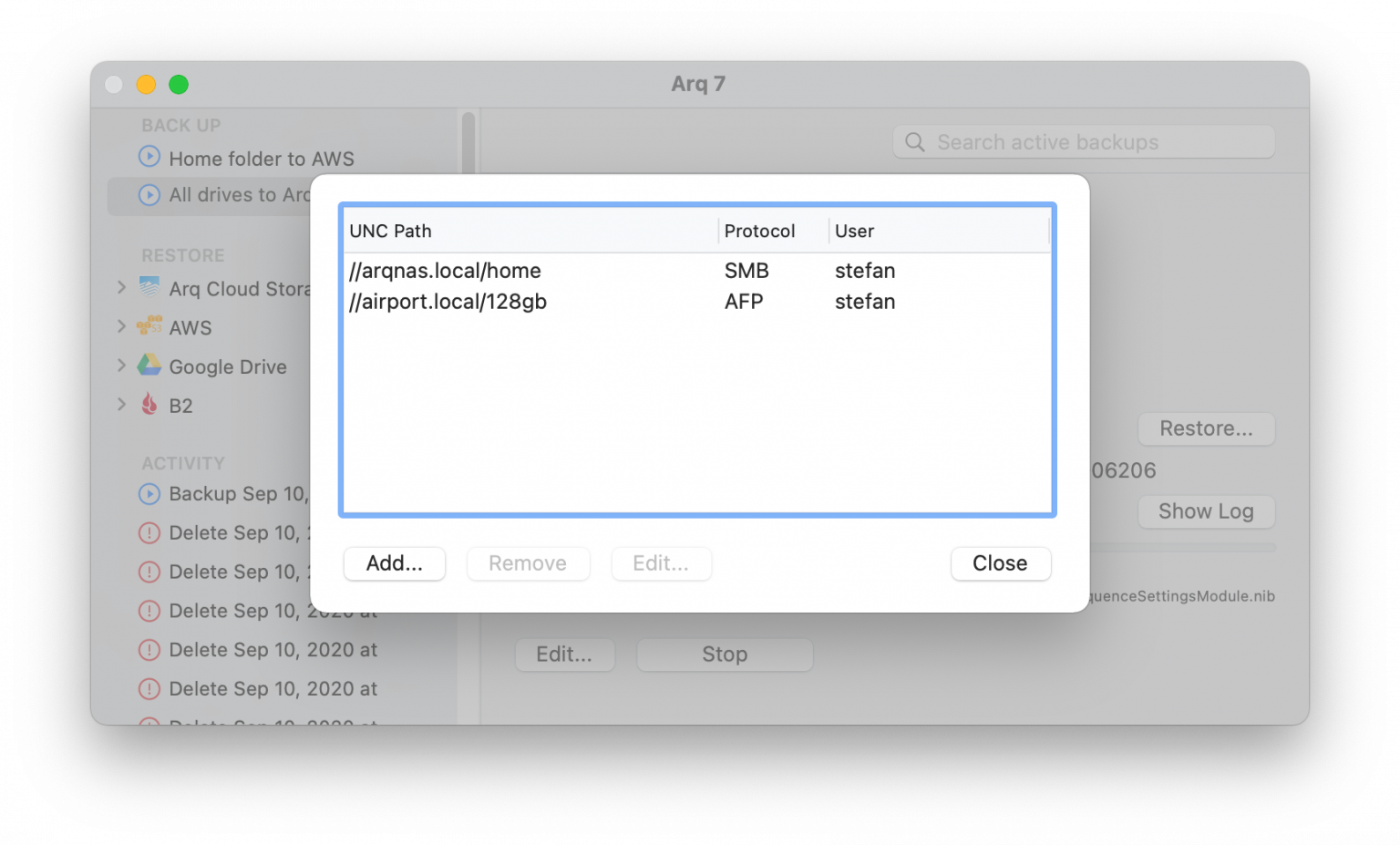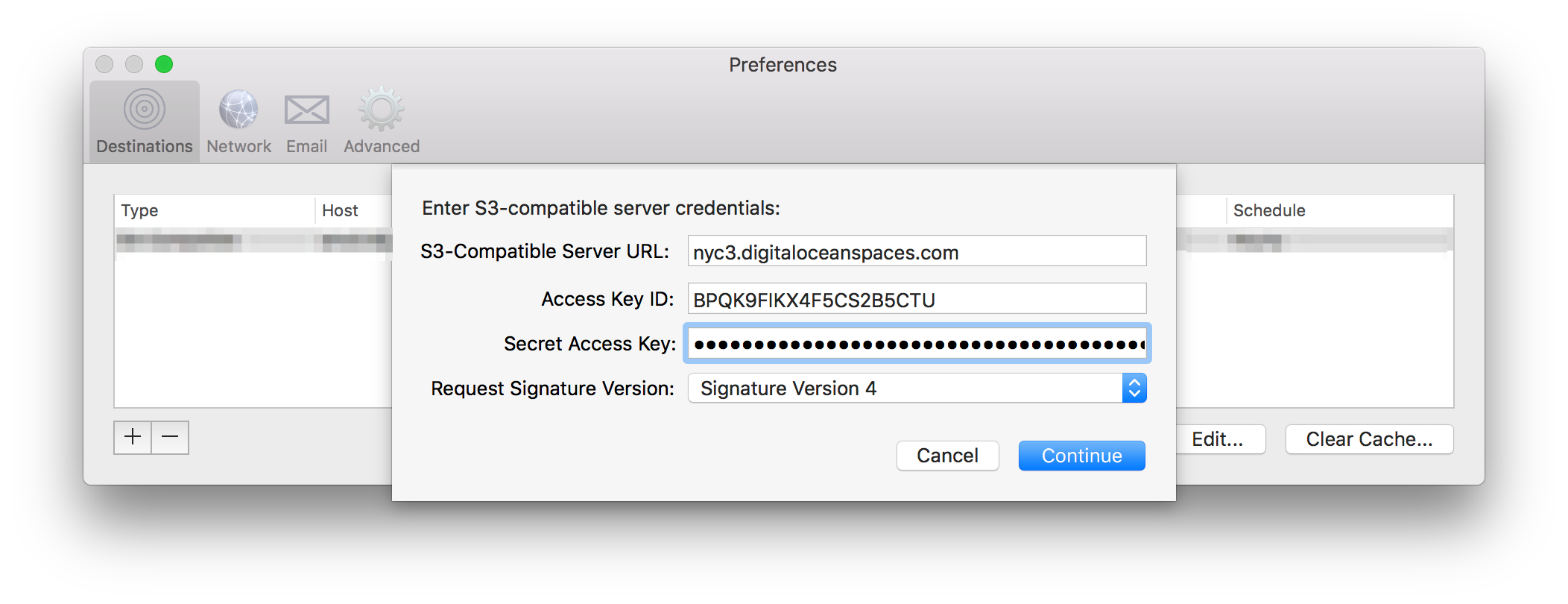
#ARQ BACKUP SERVICE WINDOWS#
We did not test its Linux client-but after thoroughly testing the Windows version, we don't have any desire, either.Īlthough Spideroak makes a big deal of its supposedly "no knowledge" encryption-meaning end-to-end encryption where the service provider does not store the key-we do not recommend taking those claims at face value. Spideroak One was recommended to us for its Linux-friendly service. (Remember, if your laptop isn't on-or connected to the Internet-it's not continuing that first backup.) Advertisement With a hard upload cap of only 5Mbps, that "unlimited" storage cap starts looking pretty silly-we've seen initial backups take weeks or even months of real time to complete in some cases. Still, the warnings leave us wondering if we need to manually look at every file in every folder just in case that happened to be the one that Carbonite decided it didn't like.įinally, Carbonite offers by far the slowest backups of any service tested. In actual practice, all of our test files were backed up-and although the service offers "video files" as an example of something it might not back up, users we've supported in the past have had their home videos backed up without issue.

The company also provides equally vague examples of what it might not back up. We also didn't like Carbonite's vague, airy warnings that it "may not" be backing up all of our files. Adding insult to injury, non-technical users may not be aware of contextual menus to further investigate any problems that may arise. When something goes wrong, it can be difficult to troubleshoot, and just uninstalling a program frequently doesn't solve actual problems. While we don't have any specific horror stories about Carbonite, we've seen plenty of nightmarish scenarios involving Registry entries that modify File Explorer behavior. CarboniteĪside from being well-known and cheap, Carbonite distinguishes itself via aggressive integration directly into the Windows File Explorer itself-you'll rarely interact much with a standalone application when using Carbonite, as the vast majority of its features show up directly in the context (right-click) menu when interacting with your files and folders themselves.Īlthough integrating with File Explorer makes Carbonite feel more like a part of Windows, we're not thrilled about that feature in practice. Unfortunately, DEP was already disabled on our test environment-leaving us with a troubling acknowledged-but-not-fixed two-year-old bug that could seriously impact backups.

And when we investigated further, we found a two-year-old Reddit post pointing the finger at Data Execution Prevention, with an Arq employee promising to "work on that." We tried manually installing the Visual C++ Runtime to fix the error, but that had no effect. Making matters worse, the app has unfixed long-standing errors-although backups worked, we noticed VSS (Volume Snapshot Service, aka Shadow Copy) errors in the logs, which heavily imply potential problems with backups of currently open files. Unfortunately, when using Arq's own storage back end, the service is very expensive-$60 per year isn't bad by itself, but when you factor in the 1TB limit and the five-device limit, we don't imagine many Ars readers making it work without additional costs. We also like that Arq can be targeted to a number of different back-end storage platforms, including self-hosted ones.

The app is easy to navigate while still having plenty of features, and backup speeds were decent.


 0 kommentar(er)
0 kommentar(er)
